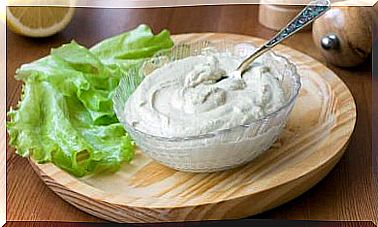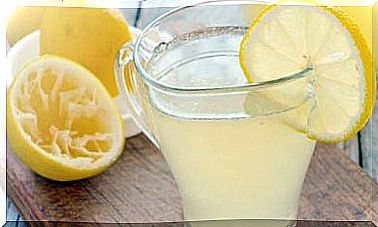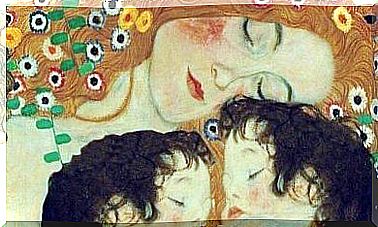Manual Activities: Why Are They Good For The Brain?
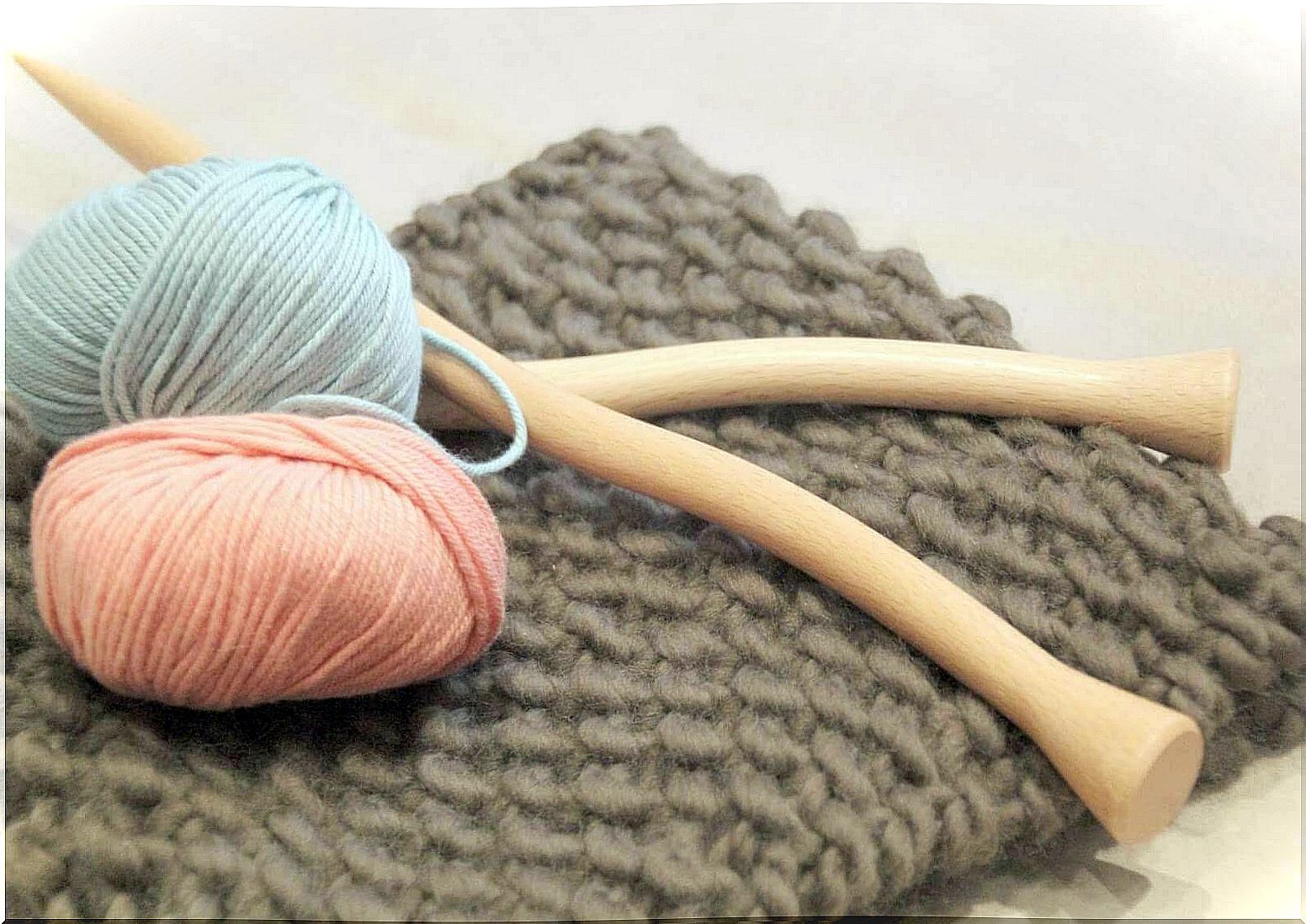
Generally, everyone likes to do manual activities in their free time, especially when giving gifts. There seems to be nothing more satisfying than giving away something made with your own hands, or at least that’s what most people think. Science confirms this, as surprising as it may seem.
First, by “manual activities” we mean any physical or aesthetic activity done by hand. The goal is personal and creative development, as well as having fun.
In the case of children, manual activities contribute to their educational development, as they promote imagination and creativity.
They improve the physical and emotional attitudes of the little ones because they require the coordination of mind, hands and sight for adequate expression.
In adults and the elderly, manual activities can find space in everyday life as pastimes.
The benefits that derive from manual skills are very important.
Manual activities and the brain
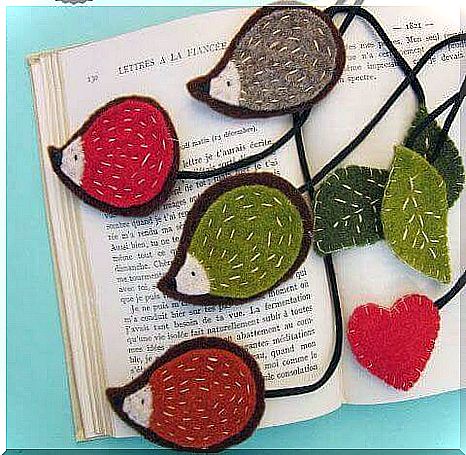
According to Dr. Sharon Gutman, professor of the Occupational Therapy Program at Columbia University (United States), activities associated with neurological function can be classified into three categories:
- Activation of the brain’s reward system (resulting in the release of dopamine, thus a feeling of well-being and pleasure).
- Preservation of cognitive function in old age.
- Promotion of the relaxation response.
Gutman also states that activities such as music, drawing, meditation, reading, the arts in general, as well as home DIY, can stimulate the nervous system.
They also counteract the effects of stress-related diseases and reduce the risk of dementia.
It has been shown that taking part in manual activities that can stimulate learning processes is a great way to strengthen the formation of certain neuronal networks.
- As a result, the effects of dementia and Alzheimer’s are attenuated.
- On the other hand, it is important to point out that cognitive activities reduce stress levels.
- In conclusion, manual activities have a considerable weight on the good quality of life.
The fluidity and concentration required by manual activities

According to psychologist Mihaly Csíkszentmihályi, fluidity is the secret of happiness.
Fluidity is a phenomenon that occurs when our nervous system focuses deeply on an activity, so much so that time, what we feel or what I flow around us, seems to disappear.
It is a very similar effect to meditation: it brings peace, tranquility and dispels inner chaos. Isn’t that a wonderful thing?
The benefits of sewing
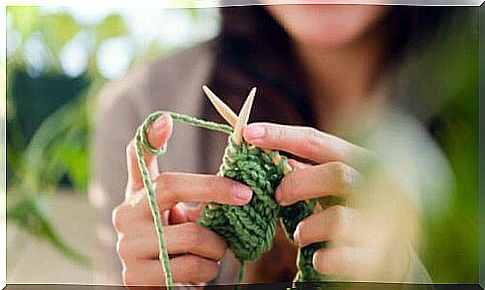
In the UK, Betsan Corkhill, an occupational therapist, conducted research on the effects of sewing on health involving more than 4,545 weavers.
The results of the study highlighted an important link between the frequency of activity and the mood of the people: the assiduous weavers were happier and more peaceful.
In fact, among the effects of sewing, many reported a feeling of relaxation and an improvement in creativity.
Benefits of manual activities
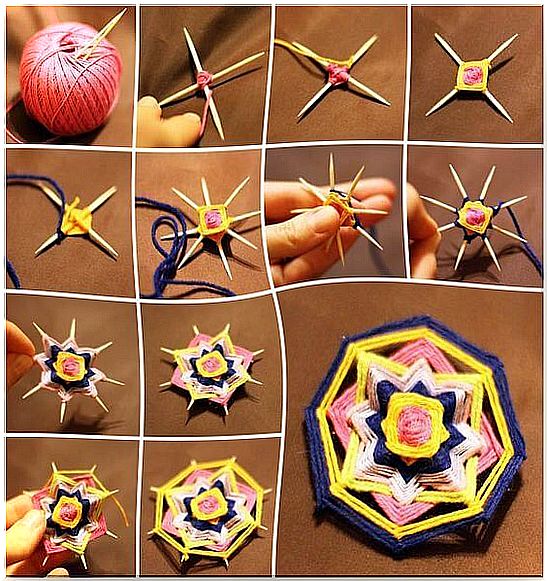
- They promote cognitive development
- They relax and soothe
- They activate fluidity, that is, they improve the ability to focus attention and thoughts on a certain task to be performed
- They train constancy and perseverance
- They allow to develop coordination between the senses: hand-eye, spatial perception, motor dexterity
- They stimulate creativity
- They improve self-conception and self-esteem
- They reduce the symptoms of depression
We know that sewing is a rather demanding activity, but there are many others that you can cultivate in your spare time, for example:
- Jewelery and costume jewelery design
- Origami
- Ceramic
- Embroidery
- Engraving or sculpture
- Handicraft
- Kitchen
- Carpentry
Now you all know that manual activities are very good for the brain and help you feel fit and stay healthy. What activities do you dedicate yourself to in your free time?




